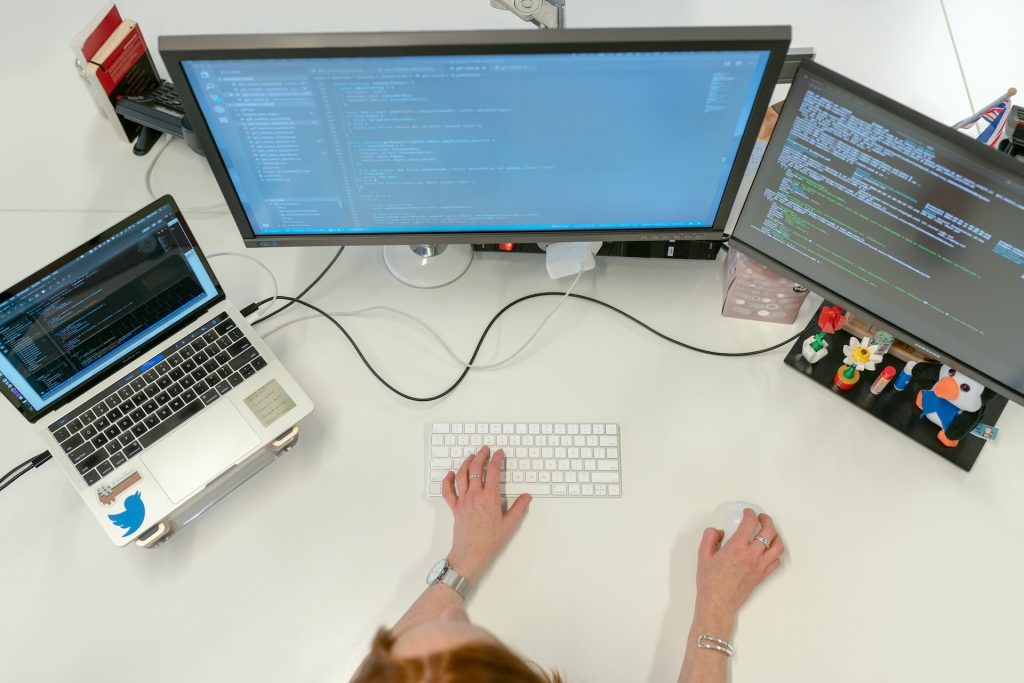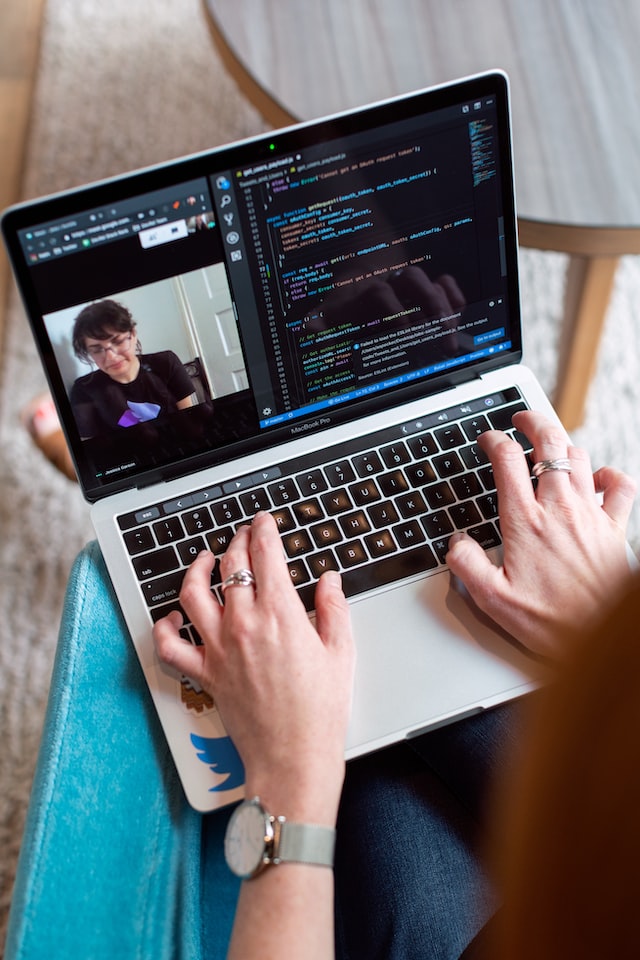In today’s digital age, the internet has become an integral part of our lives. While it has made our lives easier, it has also made us vulnerable to cyber attacks. Cyber attacks can take various forms, such as phishing scams, ransomware attacks, identity theft, and more. These attacks can cause a significant amount of damage to both individuals and organisations. Therefore, it is important to take the necessary precautions to protect yourself from cyber attacks. In this blog post, we will discuss some tips on how to protect yourself from cyber attacks.
1.Keep your software up to date
One of the easiest and most effective ways to protect yourself from cyber attacks is to keep your software up to date. This includes your operating system, web browser, and any other applications you use on a regular basis. Software updates often include security patches that address known vulnerabilities in the software. By keeping your software up to date, you can reduce the risk of cyber attacks.
2.Use strong and unique passwords
Using strong and unique passwords is another essential step in protecting yourself from cyber attacks. A strong password should be at least 12 characters long, include a mix of uppercase and lowercase letters, numbers, and symbols. It should also be unique, meaning you should not use the same password for multiple accounts. Using a password manager can help you generate strong passwords and store them securely.
3.Be cautious of phishing scams
Phishing scams are a common type of cyber attack where attackers try to trick you into revealing sensitive information, such as your username and password. These scams often come in the form of emails or text messages that appear to be from a legitimate source, such as your bank or a popular online retailer. To protect yourself from phishing scams, be cautious of any unsolicited emails or text messages, and never click on links or download attachments from unknown sources.
4.Use two-factor authentication
Two-factor authentication (2FA) is an additional layer of security that requires you to provide two forms of identification to access your account. This can include something you know, such as your password, and something you have, such as a code sent to your phone. By using 2FA, you can significantly reduce the risk of unauthorised access to your accounts.
5.Back up your data regularly
Backing up your data regularly is another essential step in protecting yourself from cyber attacks. This can include backing up your important files and documents to an external hard drive or cloud storage service. By backing up your data, you can ensure that you can recover your files in the event of a cyber attack or other data loss event.
6.Use antivirus software
Antivirus software is a type of security software that helps protect your computer from malware, such as viruses, spyware, and ransomware. It can also help detect and remove any existing malware on your computer. By using antivirus software, you can reduce the risk of your computer becoming infected with malware.
7.Be cautious of public Wi-Fi
Public Wi-Fi can be convenient, but it can also be a hotspot for cyber attacks. When you connect to a public Wi-Fi network, anyone on the same network can potentially access your device and steal your sensitive information. To protect yourself, avoid using public Wi-Fi for sensitive activities, such as online banking or shopping. If you must use public Wi-Fi, use a virtual private network (VPN) to encrypt your data and protect your privacy.
8.Use secure websites
When browsing the web, be cautious of unsecured websites. Secure websites use HTTPS encryption, which helps protect your data from interception by attackers. You can tell if a website is secure by looking for the lock icon in the address bar of your web browser.
In conclusion, cyber attacks can have a significant impact on both individuals and organisations. With an ever increasing number of cyber attacks it’s clear to see why a career in cyber security is so important to organisations. There’s a lack of qualified cyber professionals in the UK so if you’ve been thinking about a new career, there’s never been a better time. Get in touch with us today.









